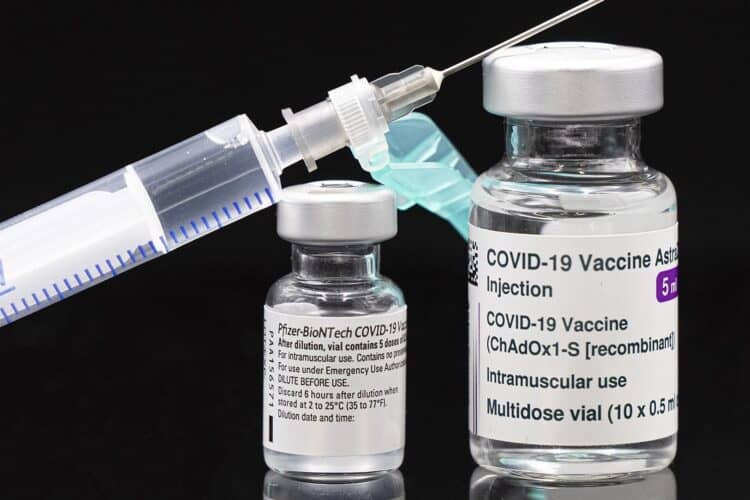The Department of Health will begin to make additional COVID-19 vaccination booster doses available to all adults, following the detection of the more transmissible XBB.1.5 sub-variant of the Omicron variant in the country.
The department’s Dr Lesley Bamford explained that currently, adults over the age of 50 are eligible to receive four doses – including booster doses – of the vaccine, while those between 18 and 49 can receive three doses.
“It is our intention to offer an additional dose. So that will be a fifth dose for people 50 years and older and a fourth dose for people 18 to 49 years of age. Those additional doses will also be available for people who are immunocompromised.
“Our expectation is that those additional booster doses will be available during January, probably towards the end of the month. But we are working hard to provide those additional doses.
“Any adult who has not had a dose in the past six months, whether they are immunocompromised or not, will be eligible to receive an additional booster dose,” she said.
Bamford added that children between the ages of 12 and 17 years of age will not be eligible for booster doses.
“That age group is eligible to receive two doses of the Pfizer vaccine. Our Vaccine Ministerial Advisory Committee has indicated that they currently do not recommend that we provide booster doses to that age group based on an understanding that the protection provided by the two doses should be adequate in that age group which is at low risk of severe COVID-19 infection.
“[Regarding] the paediatric Pfizer vaccine…we anticipate that, that vaccine will arrive in the country towards the end of January or the beginning of February,” she said.
She explained that a “mix and match between the two different vaccines” can be taken as a booster and that South Africa has enough vaccine doses available.
“We do have large stocks of our two vaccines. We have approximately 10 million doses of the J&J vaccine and 8 million doses of the Pfizer vaccine. The Pfizer vaccine…currently the doses expire at the end of March and the end of April. However, we do anticipate that the shelf life of the vaccines will be extended for a minimum of another three months.
“The J&J vaccines do not expire until 2024 and in some cases, 2025,” she said.
Health Minister, Dr Joe Phaahla, emphasised that the vaccine has been proven to make a difference even at the height of the fourth wave.
“We are advocating for vaccination and the reason we’re doing so is because vaccination has [been] proven [to be efficient] beyond reasonable doubt. Since there has been vaccinations, any changes in the nature of the virus in terms of variants…even when there has been high transmissibility, has resulted in milder illness and sometimes even asymptomatic infections.
“Vaccines have proven to be effective. Not in terms of preventing one to be infected but many of us who have been vaccinated even when we got infected, it remained very mild and statistics are there,” he said.
By Monday, some 38 271 617 jabs had been administered with 22 498 138 people receiving at least one dose.
Information on vaccination sites can be obtained by calling the national health hotline at 0800 029 999 or visiting https://sacoronavirus.co.za/active-vaccination-sites






